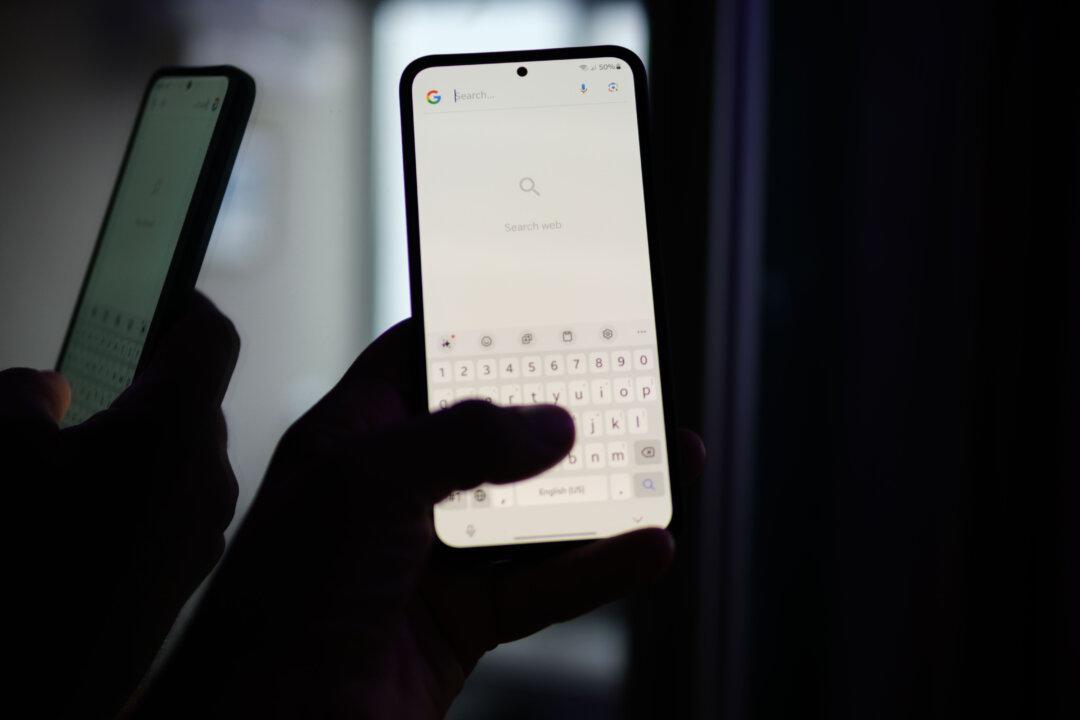Warrants that often result in Google searching its voluminous user database are unconstitutional, a U.S. appeals court ruled on Aug. 12.
The geofence warrants violate the U.S. Constitution’s Fourth Amendment, a unanimous three-judge panel of the U.S. Court of Appeals for the Fifth Circuit said.





